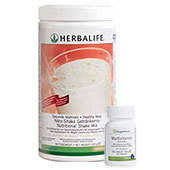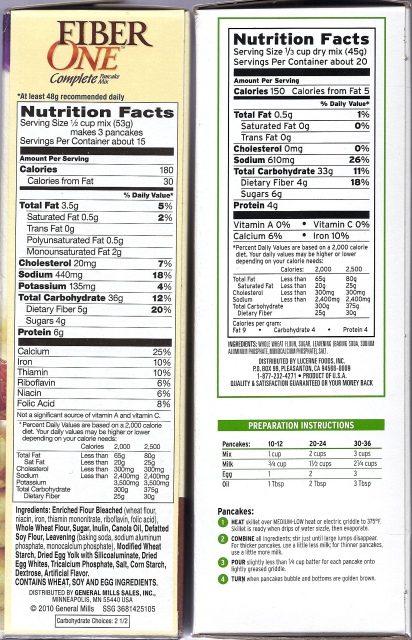How to Cholesterol Numbers
1. Total Cholesterol: This refers to the total amount of cholesterol in your blood, including both LDL (bad) cholesterol and HDL (good) cholesterol. A healthy total cholesterol level is generally considered to be below 200 mg/dL.
2. LDL Cholesterol (Low-Density Lipoprotein): LDL cholesterol is often referred to as "bad" cholesterol because it can build up in the arteries and contribute to plaque formation, which can increase the risk of heart disease and stroke. An optimal LDL cholesterol level is generally considered to be below 100 mg/dL.
3. HDL Cholesterol (High-Density Lipoprotein): HDL cholesterol is often referred to as "good" cholesterol because it helps remove LDL cholesterol from the arteries and transport it back to the liver for elimination. A healthy HDL cholesterol level is generally considered to be 40 mg/dL or higher in men and 50 mg/dL or higher in women.
4. Triglycerides: Triglycerides are a type of fat found in the blood. High levels of triglycerides can contribute to the buildup of plaque in the arteries and increase the risk of heart disease. A healthy triglyceride level is generally considered to be below 150 mg/dL.
To interpret your cholesterol numbers, it is important to consider these values in combination and discuss them with your healthcare provider. They can assess your overall cardiovascular risk and recommend any necessary lifestyle changes, medications, or further testing based on your specific situation and health history.
-
Binge Eating
QuestionHi there Lela. I lost 25 lbs since January and I have bee
-
CLARIFIED BUTTER(Ghee)
QuestionWe eat NO butter at all. How bad, or better,h
-
Calories
QuestionI am a 5 tall, 30 year old woman, weighing around 114 pou
-
Eating and weight loss
Questionhi,i was wondering how is to possible for someone who eat
-
Smoothie Additives
QuestionHello, I am trying to eat healthier. I never ate br
-
burning off alcohol
QuestionCan the body burn off alcohol with exercise? Some say no



